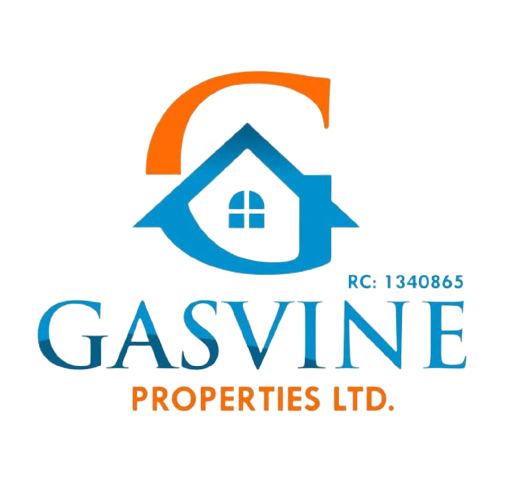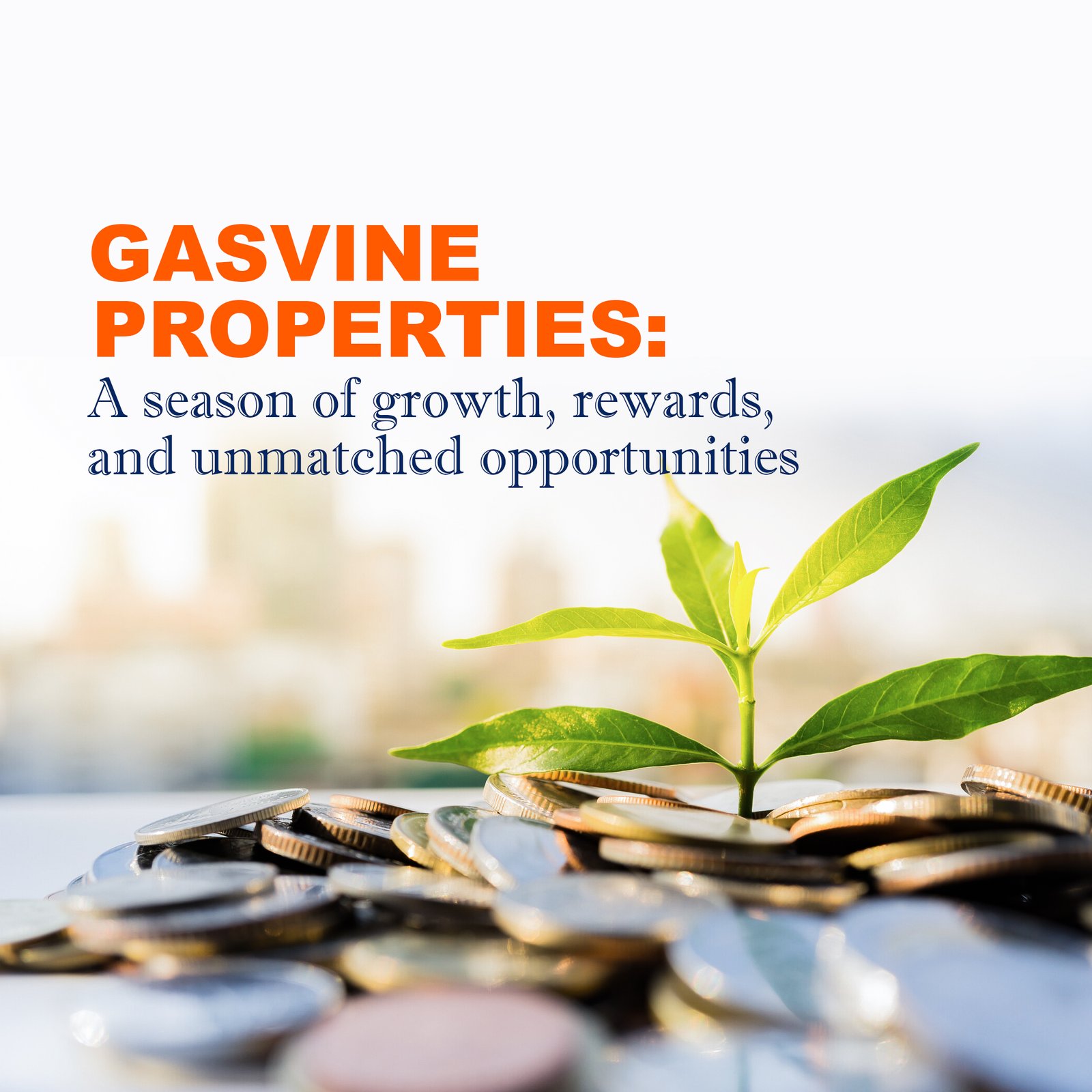50 Real Estate Terms Used in Nigeria You Should Know
The real estate industry has its own unique terminology, and understanding this jargon is crucial for anyone interested in buying, selling, or renting property. With Nigeria's rapidly growing real estate market, it's essential to familiarize yourself with these terms to navigate the complexities of the industry effectively. In this blog post, we will cover 50 real estate terms used in Nigeria that you should know.
Importance of Understanding Real Estate Terminology
Effective Communication
Knowing these terms helps you communicate effectively with professionals such as real estate agents, brokers, developers, and property managers.
Informed Decisions
It aids in making informed decisions when buying or selling a property.
Legal and Financial Clarity
Understanding these terms helps you grasp the legal and financial aspects of real estate transactions.
Overall, understanding real estate terminology is essential for anyone interested in the Nigerian real estate market.
50 Real Estate Terms Used in Nigeria
1. Landlord – A person who owns a property and rents it out to a tenant.
2. Tenant – A person who occupies a property and pays rent to the landlord.
3. Property – A piece of land or real estate that can be owned or leased.
4. Realtor – A licensed real estate professional who represents buyers or sellers in real estate transactions.
5.Listings – A list of properties available for sale or rent.
6. Inspection – A visual examination of a property to determine its condition.
7.Lease – An agreement between a landlord and tenant that allows the tenant to occupy a property for a specified period.
8. Rent – The payment made by a tenant to a landlord for the use of a property.
9. Deed of Assignment – A legal document that transfers ownership of a property from one person to another.
10. Title Document – A legal document that proves ownership of a property.
11. Certificate of Occupancy (C of O) – A legal document that gives a person the right to occupy a property.
12. Land Use Act – A Nigerian law that regulates the use and ownership of land.
13. Fractional Home Investment – The practice of purchasing a portion of a property to be shared among multiple investors.
14. Land Purchase Receipt – A document that shows proof of payment for the purchase of land.
15. Survey Plan – A document that shows the boundaries and measurements of a property.
16. Land Certificate – A legal document that proves ownership of land.
17. Purchase Agreement – A legal document that outlines the terms and conditions of a property sale.
18. Land Receipts – A document that shows proof of payment for the purchase of land.
19. Mortgage – A loan taken out to purchase a property.
20. Deed – A legal document that transfers ownership of a property.
21.Building Plan – A plan that shows the layout and design of a building.
22. Development Levy – A fee paid to the government for the development of an area.
23. Rent Agreement – An agreement between a landlord and tenant that outlines the terms and conditions of a rental.
24. Agency Fee – A fee paid to a real estate agent or broker for their services.
25. Property Tax – A tax paid on the value of a property.
26. Maintenance Fee – A fee paid for the upkeep and maintenance of a property.
27. Real Estate Investment Trust (REIT) – A type of investment that allows investors to pool their money to invest in real estate.

28. Capital Appreciation – The increase in value of a property over time.
29. Valuation – The process of determining the value of a property.
30. Real Estate Agent – A licensed professional who represents buyers or sellers in real estate transactions.
31. Real Estate Broker – A licensed professional who manages real estate transactions and represents buyers or sellers.
32. Real Estate Developer – A person or company that develops and sells real estate.
33. Real Estate Investment – The purchase of a property with the intent of generating income or profit.
34. Real Estate Portfolio – A collection of real estate assets owned by an individual or company.
35. Real Estate Syndication – The pooling of resources by multiple investors to invest in a real estate project.
36. Real Estate Speculation – The purchase of a property with the expectation of making a profit through price appreciation.
37. Real Estate Bubble – A market condition where property prices rise rapidly, often followed by a sudden decline.
38. Real Estate Market – The overall condition of the real estate industry in a specific area.
39. Real Estate Law – The legal framework that governs real estate transactions.
40. Property Management – The management of a property by a third-party manager.
41. Property Rights – The legal rights of ownership and use of a property.
42. Property Valuation – The process of determining the value of a property.
43. Property Insurance – Insurance that protects a property owner from financial loss due to damage or loss of their property.
44. Commercial Real Estate – Real estate used for commercial purposes such as offices, retail, and industrial spaces.
45. Residential Real Estate – Real estate used for residential purposes such as apartments, houses, and condos.
46. Industrial Real Estate – Real estate used for industrial purposes such as warehouses and factories.
47. Mixed-Use Real Estate – Real estate that combines residential, commercial, and/or industrial uses.
48. Real Estate Zoning – The regulation of land use by local governments.
49. Real Estate Appraisal – The process of determining the value of a property for the purpose of a sale or mortgage.
50. Real Estate Transaction – The process of buying or selling a property.
Conclusion
Understanding real estate jargon in Nigeria is crucial for anyone interested in the industry, whether you are a buyer, seller, investor, or developer. The words and phrases highlighted in this post are just a fraction of the extensive vocabulary used in the sector.
If you want to learn more about the real estate industry in Nigeria, make sure to read the Gasvine Properties blog for more informative content, insightful articles, analyses, and news that can help you navigate the sector. Remember, the more you know, the better equipped you will be to make informed decisions and succeed in the Nigerian real estate market.
.jpg)






